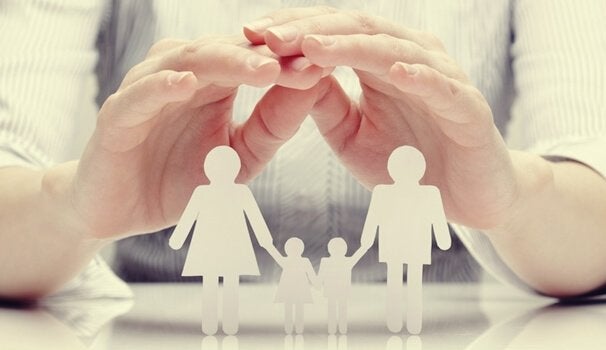Adoption is a great opportunity for many people who cannot have children biologically, it is a different way of accessing motherhood and fatherhood, creating a link as coherent of belonging as that of biological fatherhood.
On the other hand, the adoption process begins with the parents’ decision to get involved away, with some obstacles worth discussing before moving forward.
- Foster parents not only play the role of caregivers.
- Their generosity.
- And the desire to convey love represent an opportunity to make a mark on someone’s life.
- To adopt is to recognize as a child whom.
- Biologically.
- It is not; to start a family.
It is normal for unfounded doubts and fears to arise at the beginning of this complex process. The insecurity of adoptive parents leads them to ask questions and have feelings of doubt. Will the child love me?Are we going to be a royal family?
One of the most shared fears of adoptive parents is that their child may not feel loved as if they were a biological child.
The truth is that the child probably has the same fears and therefore needs adults, parents, who feel safe in what they do, in your feelings and in the choices you make, so that the child feels truly protected. In this sense, the child does not need parents who have doubts, but parents who can handle this moment of doubt with serenity.
According to the United Nations Convention on the Rights of the Child, adoption is not a tool for solving a fertility problem or a desire for paternity, it is a protective measure for abandoned children, their right to have a family, and the obligation of administrators to provide a family for that child.
The first question that parents who have made the decision to take must answer is as simple as it is profound: why do you want to adopt a child?
From this moment on, a difficult bureaucratic journey begins, with different assessments in which parents must prove that they are the perfect candidates to adopt the child.
Their lives will be analyzed in detail with the sole intention of finding the best family for the child, leaving in the background the anxiety and stress that this can generate for future parents.
The first fact to keep in mind is that adoption is a long and often difficult process to face, professionals in charge of this process must delve into various topics, such as work, friendships or how to be an adoptive future. Parents.
Prospective parents often find questions, interviews, or requests for information about their lives excessive (which nature doesn’t do when we decide to have a child). At this stage, it is important to be very patient and not lose sight of the ultimate goal. Adoption.
On the other hand, the investigators in charge of this act must be sensitive enough to identify these unsafe obstacles from which they may vary by attitude, intelligence and certain resources that may arise at some point.
Parents’ desire to have a child as soon as possible is so intense that the adoption process seems too long for them.
To clarify, the criteria sought by adopters, however unfair and subjective they may seem, are chosen on the basis of laws established by international bodies; if these criteria are observed together, they have their logic in the uncertainty surrounding adoption and childhood.
In previous interviews we wonder about the motivations that led the candidate to adopt, we study the relationships, the structure of their personality, their physical condition and their ability to consolidate and develop the adoptive relationship.
But of course, adoption is not a charity! Adoptive parents and children went through complicated emotional states until they met. It’s a common project, not a big favor. A dream, despite all the burden that, at any time, can be represented by a child.
Parents’ wishes are fulfilled as soon as they have the child at home, this middle ground?Never definitive, because there is still a lot of work to be done ?, so important that it arrives after some obstacles have been overcome. , what we used to say: bear with good attitude the fact that a stranger asks you very direct and intimate questions.
On the other hand, we must know that the interest of adoption must always be seen from the point of view of the child. Of course, parents are important. But the child always comes first: because he has fewer resources and is more unprotected, it is basically the child who has the right to have a family, not the other way around.
It is difficult to predict how the adopted child will adapt to his or her new family and current home, the concept of adaptation becomes even more complicated when we talk about children from other countries, with past stories and experiences that can influence their ability to return home.
Contrary to what may seem at first glance, adopted children appear to be well-adapted in general, i. e. they do not present much difficulty at the personal, social, family and school levels compared to un adopted children.
As for the new parents, a good option to clear up doubts is to contact the families they have already adopted and seek the support of foster parent associations, it is necessary to have no preconceived ideas about the family adaptation period after the child’s arrival.
Is this a passing stage where a bond of attachment is established based on love, respect and mutual trust?All this if the bond is established spontaneously, if things go well and slowly.
“It is not flesh or blood, but the heart that makes us parents and children. “J. Schiller.

